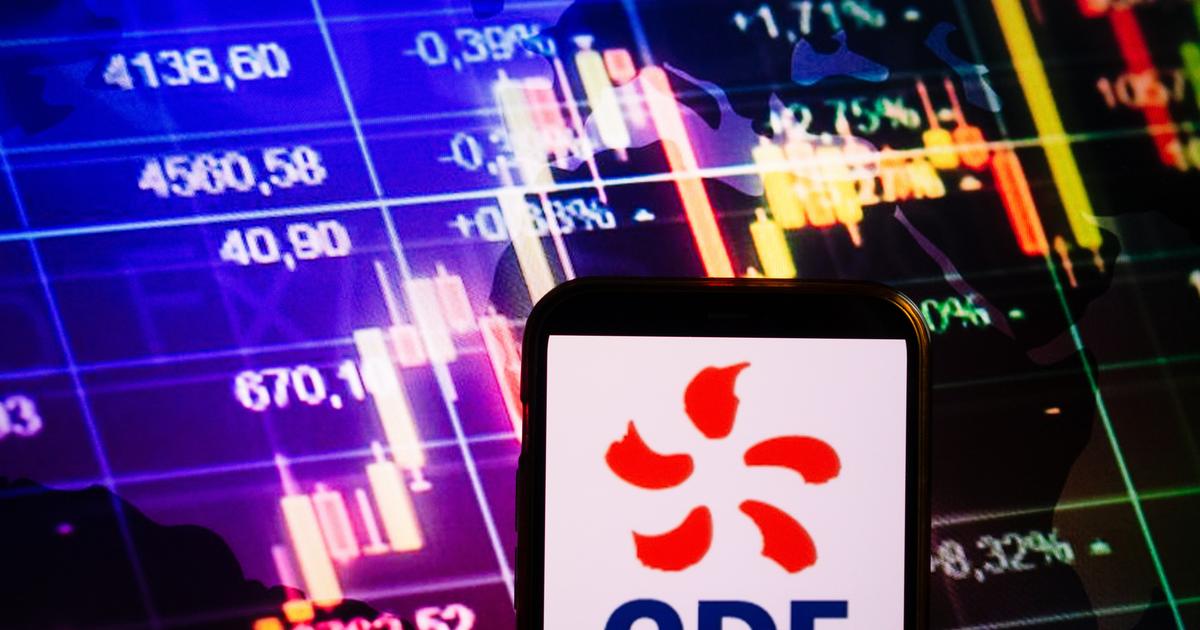Purchasing power, climate... Energy is at the heart of concerns.
The successive increases in regulated electricity sales prices (TRVe) have raised questions among the twenty million customers concerned, sometimes even some criticism.
Faced with this, EDF decided to demonstrate pedagogy during a speech this Friday morning.
The group insists that the latest increases are essentially attributable to the increase in a so-called excise tax.
It had been reduced to 1 euro as part of the tariff shield.
The government removed it and decided to return this tax to its pre-crisis levels, i.e. euros excluding VAT, per megawatt hour (MWh), or 24 euros including tax per MWh.
This tax applies to all contracts, whether they are TRVe, or otherwise.
In detail, the energy portion of TRVe customers' bills is almost stable.
For market offers, prices are, by definition, free.
EDF will adapt its own “
during March to take into account developments in recent months
”.
Read also Electricity: from nuclear to solar, France has regained its splendor
If the increase is the same in absolute value for all contracts, in percentage, it depends on the level of consumption and the initial price of the MWh.
Since the Peak/Off-peak (HP/HC) and Tempo options had a lower initial price than the base rate, the increase is mathematically greater.
Thus, the increase in the excise tax reaches 8.6% for the base rate, 9.8% for HP/HC and 14% for Tempo.
“
The Tempo option remains very advantageous for a customer since they can reduce their consumption during the 22 red days in winter.
It can generate an average saving of 27% compared to a basic option
,” explains Lionel Zécri, Director of EDF’s individual customer market.
On average, these customers reduce their consumption by 36% on red days.
A system which has more and more followers, since Tempo customers have gone from 200,000 customers before the crisis to 600,000 customers.
The Zen Flex offer, a little more expensive, offers “
greater flexibility to customers, with more HP/HC ranges
”, explains Lionel Zécri.
To find their way around, consumers can use the energy mediator's comparator.

